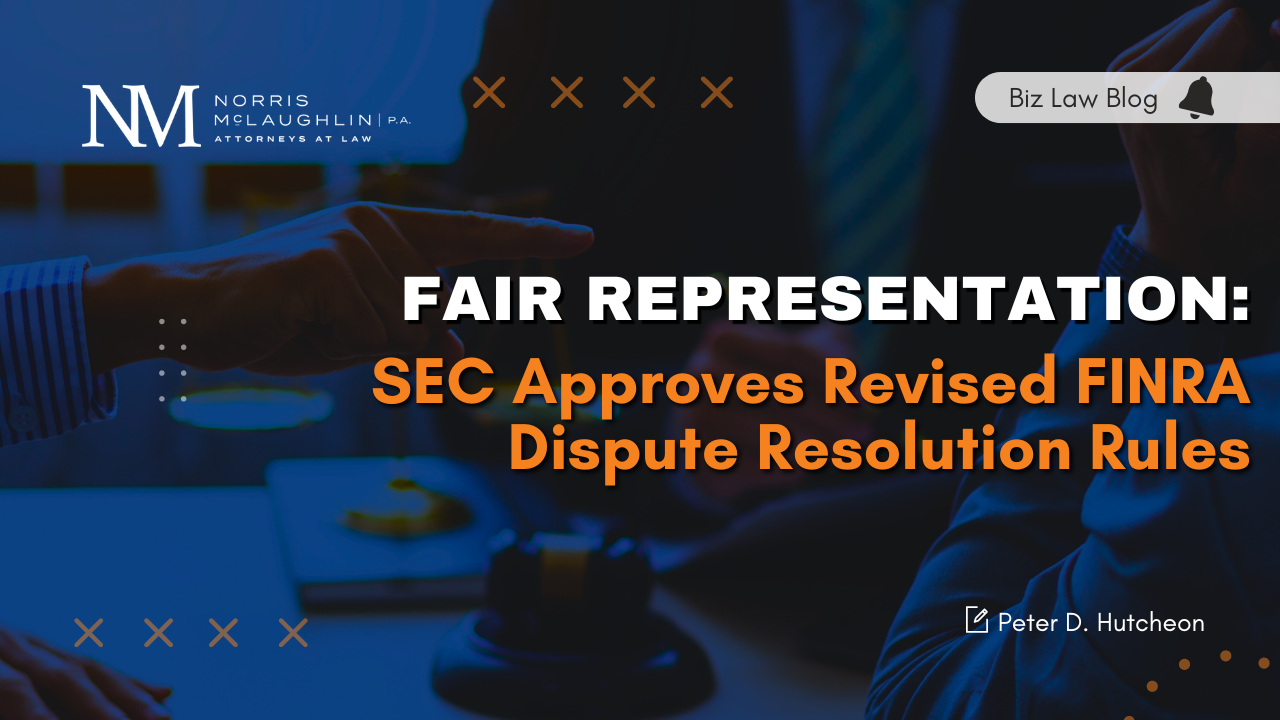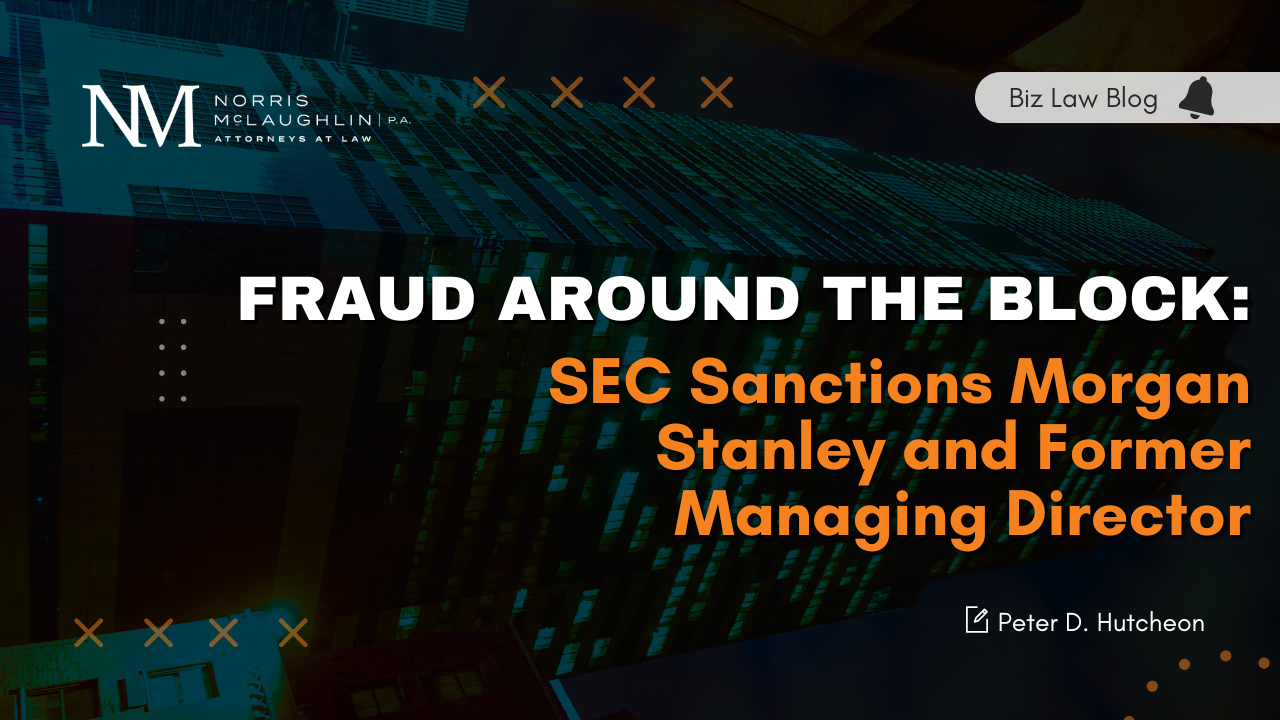If you have any questions about this post or any related matters, please feel free to contact me at plehr@norris-law.com or visit our Coronavirus (COVID-19) Preparedness Resource Center.
Coronavirus (COVID-19) Legal Update for Pennsylvania Municipalities and Municipal Authorities

Pennsylvania Governor Tom Wolf has taken unprecedented action in the face of the threat posed by the coronavirus (COVID-19). On March 6, 2020, he issued a proclamation of the existence of a disaster emergency throughout the Commonwealth, pursuant to the Emergency Management Services Code. On March 16, 2020, the Governor strongly urged so-called “non-essential” businesses to close for at least fourteen days in order to mitigate the spread of the virus. In addition to the challenges facing private individuals and businesses, Pennsylvania political subdivisions, as providers of essential public services, must now address a series of issues that affect their operations.
Many Pennsylvania municipalities have adopted coronavirus emergency operations plans, either individually or in conjunction with the counties where they are located.
Such plans may have been revisited and revised in 2012 in the aftermath of Hurricane Sandy. These plans typically identify an emergency management coordinator, who will coordinate emergency responses in the municipality, often in consultation with their county counterparts. For those municipalities and municipal authorities who have adopted emergency operations plans, those plans should be reviewed; and administrators should meet with their respective emergency management coordinators. In light of the Governor’s proclamation, public entities should determine whether to activate those plans.
Under the Emergency Management Services Code, municipalities have the option also to declare a local emergency. Municipalities should consult with their local and county emergency management coordinators before taking such action. The governing body may declare a local emergency for seven days or longer if it deems necessary. Consideration should be given also as to whether to approve the declaration in a regular, special, or emergency meeting.
The Pennsylvania Sunshine Law provides that municipal governing bodies may convene emergency meetings without public notice.
The respective Pennsylvania municipal codes (e.g., First Class Township, Second Class Township and Borough) identify who on the governing body may call such emergency meetings. If such meetings are called, it is recommended that notice of the meeting to the governing body members be maintained as a public record. Also, the minutes of the meeting should be prepared and adopted at the next regular or special meeting. Certain municipal codes allow for telephonic participation in the meetings for members of the governing body. For an emergency meeting, the governing body can bar public attendance, however, consideration should be given to alternative means of public participation and comment.
For regular municipal meetings, administrators should consider whether to cancel or postpone those meetings for a limited period of time. If regular or special meetings occur, consideration should be given to implementing social distancing, as well as cleaning and disinfecting the meeting room afterward. Consideration should be given also to live-streaming such meetings (e.g., Facebook Live) and providing alternative means for public comment (e.g., email, DM, or call-in telephone numbers), in lieu of in-person public attendance.
Under the Emergency Management Services Code, a municipal governing body is “authorized to exercise the powers vested under §7501 in the light of the exigencies of the emergency situation without regard to time-consuming procedures and formalities prescribed by law (excepting mandatory constitutional requirements) pertaining to the performance of public work, entering into contracts, the incurring of obligations, the employment of temporary workers, the rental of equipment, the purchase of supplies and materials, the levying of taxes and the appropriation and expenditure of public funds.” The effect of this provision is that should the governing body deem it necessary to respond to the emergency, it would not be bound to comply with certain formalities, such as possibly the competitive bidding process or state or local rules relating to borrowing funds. Prior to availing itself of these powers, it is recommended that the governing body consults with its solicitor.
Public entities are also employers and face issues similar to their private-sector counterparts.
Consideration should be given to identifying one administrator, who will meet with department heads, implement uniform procedures and make employment-related decisions. Employees should be educated consistently with CDC guidance on matters such as understanding symptoms, washing hands, and social distancing. It is important to recognize also that the pandemic status of the coronavirus does not absolve public entities in Pennsylvania from adhering to the following rules in the employment context: FMLA, ADA (including medical information privacy), and the provisions of any collective bargaining agreements. With regard to the latter, consideration should be given for administrators meeting with any union representative regarding employees who are union members. Ultimately, public entities must determine what services will continue to be provided during this time, including whether municipal buildings will remain open to the public, and which municipal employees will continue to provide them. Any such decisions should be classified as temporary, and not permanent measures.




